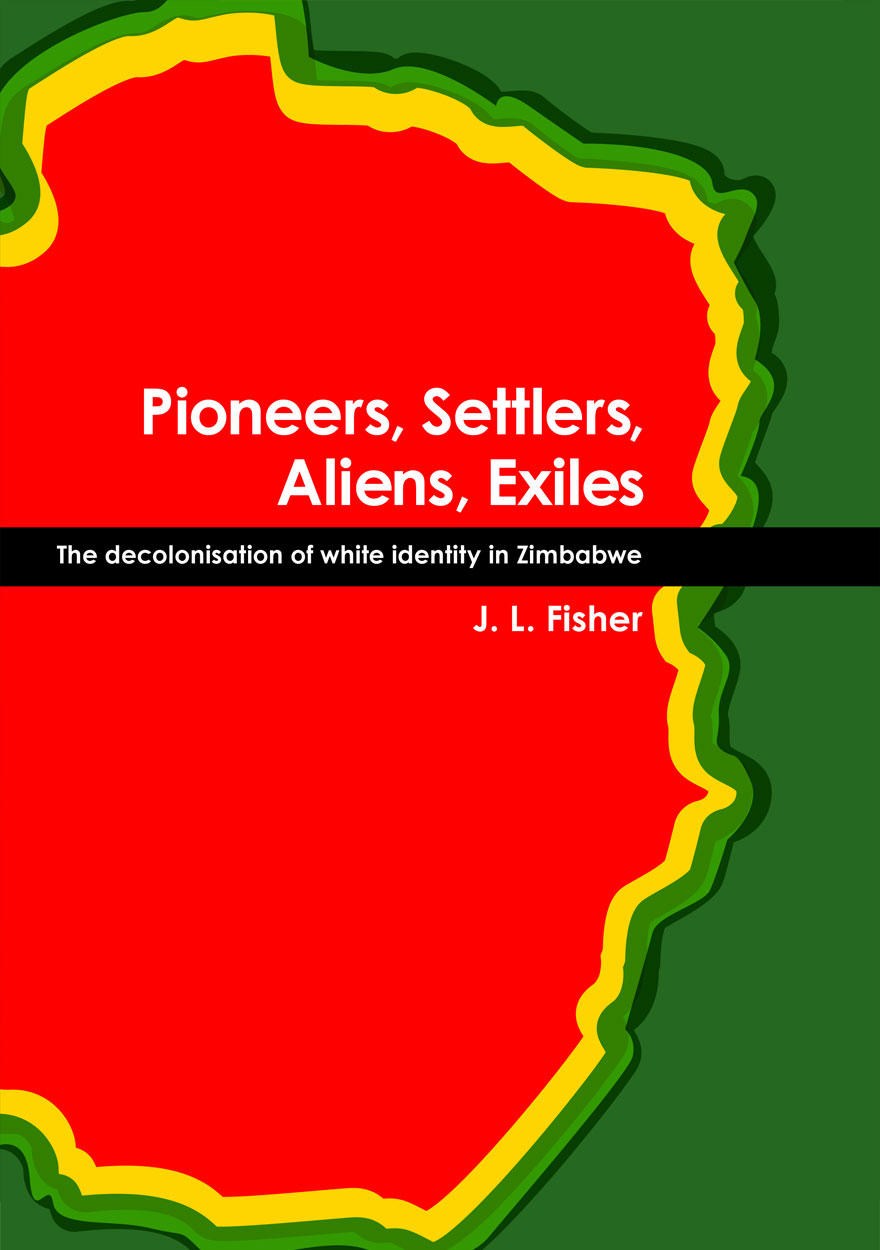J. L. Fisher
Lucy Fisher was born and schooled in South Australia. In the early 1970s she earned a Bachelor of Arts and a Bachelor of Social Administration at Flinders University and subsequently found employment in various community mental health positions in Canberra. She also travelled extensively during this time. On her return from overseas, Lucy enrolled at The Australian National University where she gained a Bachelor of Letters in Anthropology. In 1981 Lucy moved with her husband to live in Nairobi, Kenya, where she worked with several NGOs. Once back in Canberra, Lucy completed a Master of Arts before relocating to Lilongwe, Malawi, and then Harare, Zimbabwe. Lucy spent the 1990s employed as a lecturer and later research associate attached to the Sociology Department of the University of Zimbabwe. Pioneers, Settlers, Aliens, Exiles: the decolonisation of white identity in Zimbabwe draws on material collected in these years. She was awarded a Doctor of Philosophy from ANU in 2003 and currently lives in the Southern Highlands of New South Wales.




